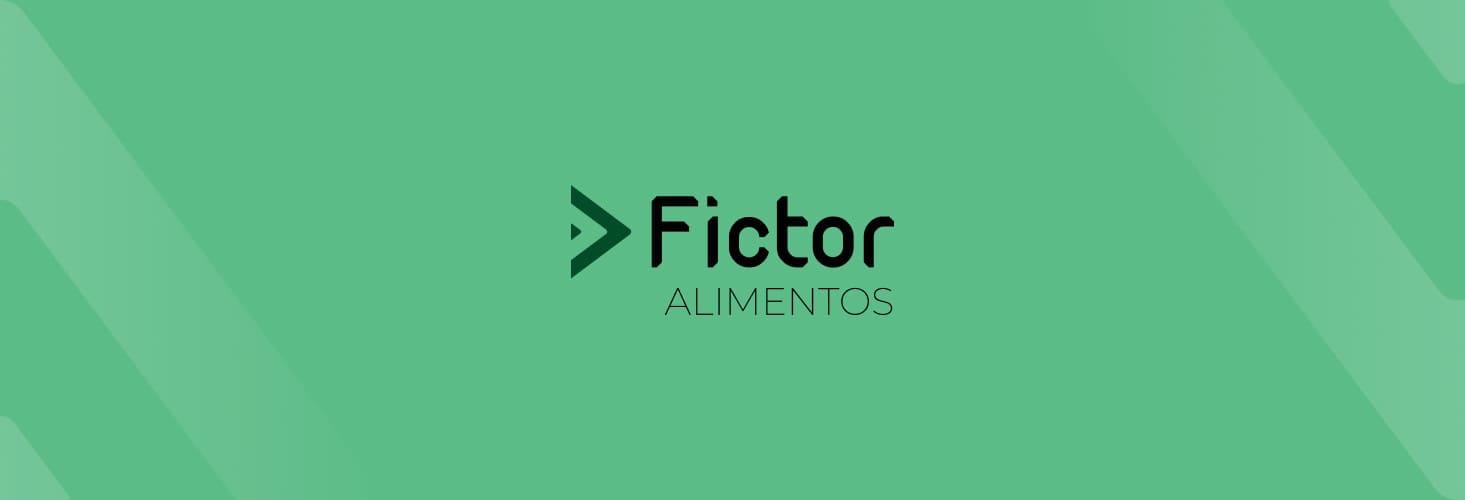By André Vasconcellos, director of strategy, planning and investor relations at Fictor Alimentos S.A.
A Brazilian company in the animal protein sector surprised the market by announcing its listing on the stock exchange using a strategy that is not so common in the country: a "reverse IPO". The operation, which consists of acquiring control of an already listed company, followed by a corporate restructuring, allowed the company to access the capital market in a more agile and efficient way.
The forerunner of what could be a trend for the market in 2025 was Fictor Alimentos S.A. (B3: FICT3), but other companies may follow suit in the coming months, since, in the short term, the environment for IPOs is not at all favorable in Brazil. At the end of January, for example, Reag Investimentos S.A. (B3: REAG3) made its debut on the Novo Mercado of the Brazilian stock exchange.
The atypical strategy known as a "reverse IPO", in addition to speeding up market entry, enables a company to accelerate its expansion plans, focused on inorganic growth through mergers and acquisitions, allowing access to a wider range of financing opportunities, both through debt instruments and through equity.
In the case of Fictor Alimentos, the listed company is now seeking to attract the interest of investors who want to participate in the growth of Brazilian agribusiness. The country, which has clear competitive advantages in the sector, attracts attention from all over the world, and the listed company is positioning itself to take advantage of this favorable and promising scenario.
The decision to access the capital market through this modality emerged as a more viable alternative in a context of challenges for initial public offerings, which have dwindled in recent years. The last time Brazil saw an IPO was in 2021 and, since then, the macroeconomic environment has not helped to change this picture.
And with the basic interest rate at 14.25% per year and projections of future increases, it is even more difficult to envision any new IPO this year, even after so many years of "drought". The solution for many companies is to look for new ways to make their businesses viable.
The road to traditional IPOs may be difficult. According to a survey by the Elos Ayta consultancy, shares that debuted on the market in 2020 and 2021 have generally fallen in value. Considering the median return, they fell by 54.6% by the end of 2024.
Data shows that many companies that have gone public in recent years have faced difficulties, impacted precisely by high interest rates. The new strategy, on the other hand, offers a faster and cheaper way to access the capital market.
Fictor Alimentos is an example of someone who is already reaping the rewards of this innovative strategy. Over the last two months, the company's shares have completely diverged from the sector and the market in general, showing an impressive rise in value and a drastic reduction in short positions (i.e. a significant drop in "short" operations). This shows that the market believes that the trend is upwards and that there are no major doubts about the company's future performance.
A comparison with other investments during 2024 proves the brilliance of strategic acquisition theses: in December alone, FICT3 shares appreciated by 121.43%, more than doubling in value in the last month of the year. By way of comparison, in second place was the BDRx index, which summarizes the appreciation of BDRs, shares in international companies listed on B3. The BDRx advanced by 4.64%, despite the 2.29% rise in the Ptax dollar that month.
The comparison with 2024 is also valid: over the whole of last year, these securities appreciated by 314,79%. This advance was almost double the gains seen in Bitcoin, which advanced 184% in the period, driven by optimism at the expectation of regulatory loosening by the new US government.
The "reverse IPO" has emerged as a viable alternative for private companies facing difficulties in meeting traditional stock exchange listing requirements. Although this model offers advantages such as faster access to capital and reduced operating costs, it is essential that companies carefully evaluate the pros and cons before opting for this route.
Another important benefit is greater control over the price of the shares. In a conventional IPO, the company's shares are offered to the public in a pricing process that can be influenced by various external factors, such as market conditions and investor demand. In the "reverse IPO", the corporate process offers a greater level of control over the conditions of the operation and the price of the shares. This reduces the chances of excessive volatility in the value of the shares shortly after trading begins, which is a common risk in traditional IPOs, especially in periods of market uncertainty.
This factor also makes the "reverse IPO" a safer alternative for greater democratization of the capital market, especially for smaller companies in emerging markets, which may not have the same level of stability as large corporations when carrying out a traditional IPO. The trend is for more and more companies to adopt this strategy to enable them to enter the capital markets. All that remains is to closely monitor this movement and its impact on the national scenario.

